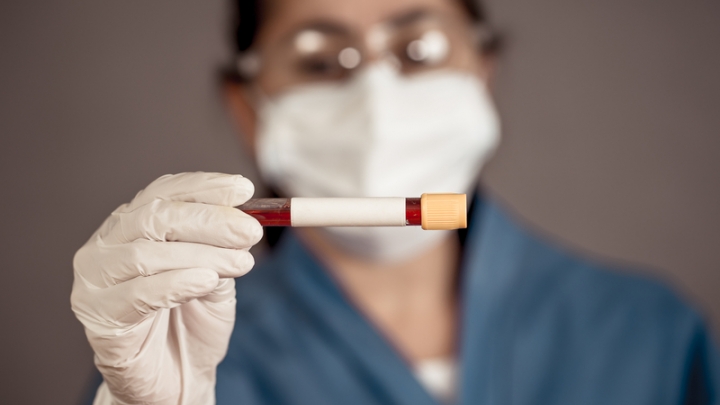(RxWiki News) What happens after you have COVID-19? Are you immune to the illness forever? That's one of many questions scientists are starting to answer.
After infection with COVID-19, the body usually develops antibodies. These proteins, which develop in response to many bacteria and viruses, enable the body to avoid reinfection with the same disease in the future.
Although health officials know that the body produces antibodies as a result of COVID-19 infection, they don't know how long the immunity those antibodies may produce will last.
Will it last for a season like the common cold? This would mean that patients could contract the coronavirus multiple times.
Or will it last for a lifetime like measles immunity?
The answer, researchers told NPR, will likely define how long the world is dealing with the COVID-19 pandemic, as well as the strategies we will have to use to overcome the virus.
The Centers for Disease Control and Prevention (CDC) currently says on its website that it does not have enough information to know whether the presence of COVID-19 antibodies in the blood means a patient will have immunity.
But researchers like Dr. Stanley Perlman, a University of Iowa pediatrician who studies microbiology and immunology, are studying coronaviruses other than COVID-19 to try to predict how immunity to COVID-19 will look.
His theory, according to NPR, is that the body's immune response tracks the severity of the illness. The common cold might produce a weaker immune response because it's not as serious, and COVID-19 might produce a stronger one.
Another researcher noted in an interview with NPR that COVID-19 antibodies appear to neutralize the virus in a petri dish in a lab setting.
While these theories may be exciting and provide early insight into the virus that causes COVID-19, this research is still in the very early stages. It's too early to make any hard statements about COVID-19 antibodies or immunity.
As researchers continue to study the virus, health officials urge the same precautions they have recommended throughout the pandemic:
- Wear a face covering when in public.
- Wash your hands with soap and water or alcohol-based hand sanitizer frequently.
- Avoid interaction and contact with those who may be infected with COVID-19.
Speak with your health care provider if you have any questions.







